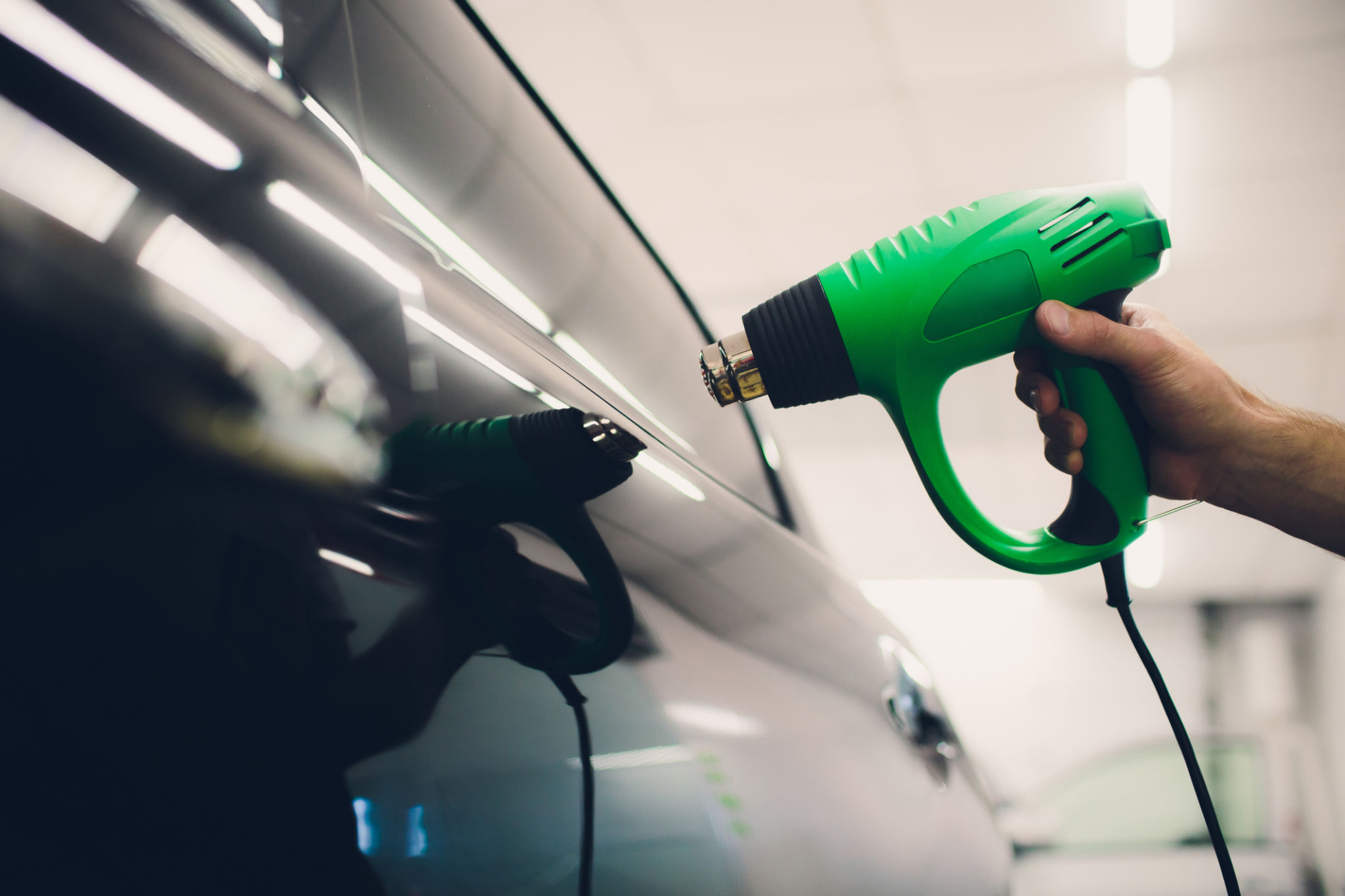Miami's Tinting Laws: What You Need to Know Before Tinting Your Car Windows
Understanding Miami's Tinting Laws
When it comes to tinting your car windows in Miami, it's crucial to understand the local regulations. Florida has specific laws regarding window tinting, and Miami follows these state guidelines. Adhering to these laws is not only important for legal reasons but also for ensuring your safety and avoiding fines.

Florida's Window Tint Darkness Requirements
Window tint darkness is measured by Visible Light Transmission percentage (VLT%). In Florida, the legal limits vary depending on the type of vehicle. For sedans, the front side windows must allow more than 28% of light in, while the back side and rear windows can have a VLT as low as 15%. Meanwhile, SUVs and vans are allowed more lenient tinting, with more than 6% light required for the back and rear windows.
Reflective Tint Regulations
In addition to darkness, Florida law also regulates the reflectiveness of window tints. The purpose of reflective tint is to reduce glare and heat. For all types of vehicles, the front side windows must not be more than 25% reflective, and back side windows must not exceed 35% reflectiveness. These rules help ensure that drivers maintain clear visibility on the road.

Exceptions to the Rule
There are some exceptions to Florida's window tinting laws. Vehicles used by law enforcement or for medical purposes may have special permissions for darker tints. To qualify for medical exemptions, a vehicle owner must provide documentation from a physician citing the necessity for such tints due to medical conditions.
Penalties for Non-Compliance
Failing to comply with Miami's tinting laws can result in penalties. Violations typically lead to a non-moving traffic infraction, which may involve fines. Repeated offenses can result in increased penalties. Therefore, it's advisable to ensure your vehicle's tint complies with the regulations to avoid unnecessary expenses.

Choosing a Professional Tinting Service
When selecting a service provider for window tinting, choose a reputable professional who is familiar with local laws. Experienced services will ensure that your car's tint meets legal requirements while offering you quality results. They can also guide you through the selection process, helping you understand the different types of tints available.
Benefits Beyond Legal Compliance
Apart from staying within legal boundaries, compliant window tints offer several benefits. They can protect you from harmful UV rays, reduce heat inside your vehicle, and enhance privacy and security. Investing in quality tinting can improve your driving experience significantly while keeping you on the right side of the law.

By staying informed about Miami's tinting laws and choosing a professional service, you can enjoy the aesthetic and practical benefits of window tinting without legal worries. Always keep in mind that safety and compliance should be your top priorities when deciding on window tinting for your vehicle.
